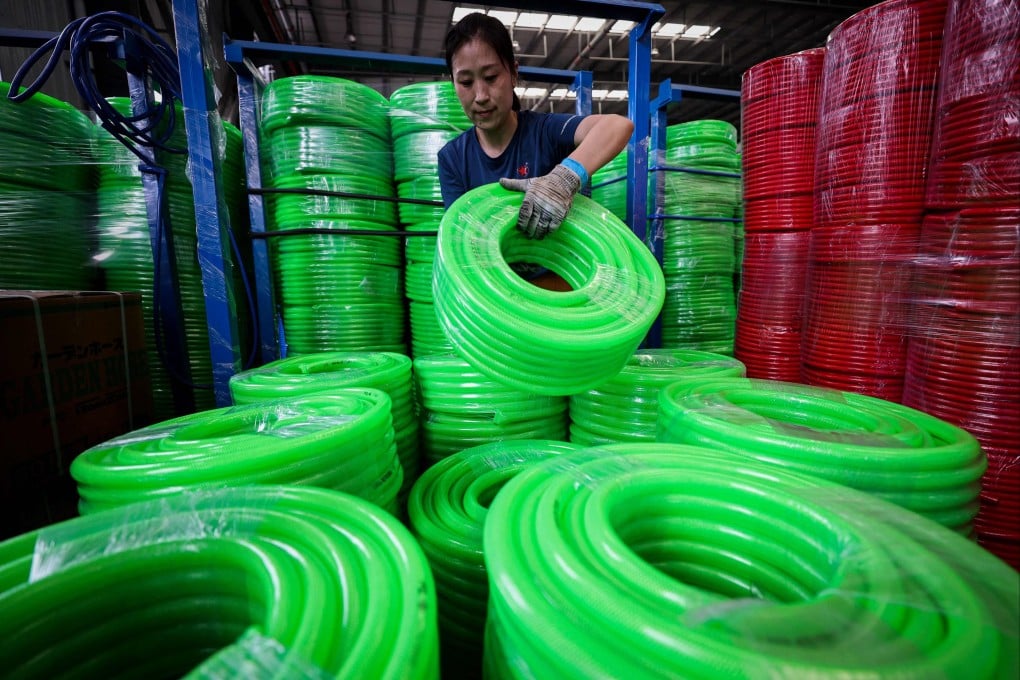Advertisement
The View | How China’s slowdown is shaking up Asia’s economic calculus
- China’s struggles are injecting uncertainty into its neighbours and forcing reassessments when the geopolitical scene is already strained
Reading Time:3 minutes
Why you can trust SCMP
1

In Tokyo, Bank of Japan Governor Kazuo Ueda is searching for an exit from 23 years of quantitative easing. However, the answers he seeks could lie more in Beijing.
Advertisement
Japanese policymakers are as surprised as anyone by the underperformance of China’s economy. Back in January, Team Ueda fully expected a powerful growth boost from Asia’s biggest economy that buttressed the argument for higher borrowing costs. Instead, Japan and its neighbours are grappling with the fallout from Chinese deflation, overcapacity and dithering on efforts to end the property crisis. Even if Chinese exports are thriving, weak import activity is being felt throughout the region.
For Ueda to feel comfortable tapping the brakes, he must believe China will add more economic energy than its domestic troubles are subtracting. So far, there is scant evidence that’s going to happen in 2024.
Ueda is hardly alone. Over in Seoul, Bank of Korea officials know that the 2.7 per cent growth that many expect for Asia’s fourth-largest economy is China-dependent. South Korea’s export-driven model doesn’t work when the world’s biggest trading nation is struggling.
Advertisement
The same is true of officials in Bangkok, Jakarta, Kuala Lumpur, Singapore, Taipei and elsewhere in the region. This is particularly true as the “higher for longer” era in the United States looks set to persist as the US Federal Reserve slow-walks interest rate cuts.

Advertisement
